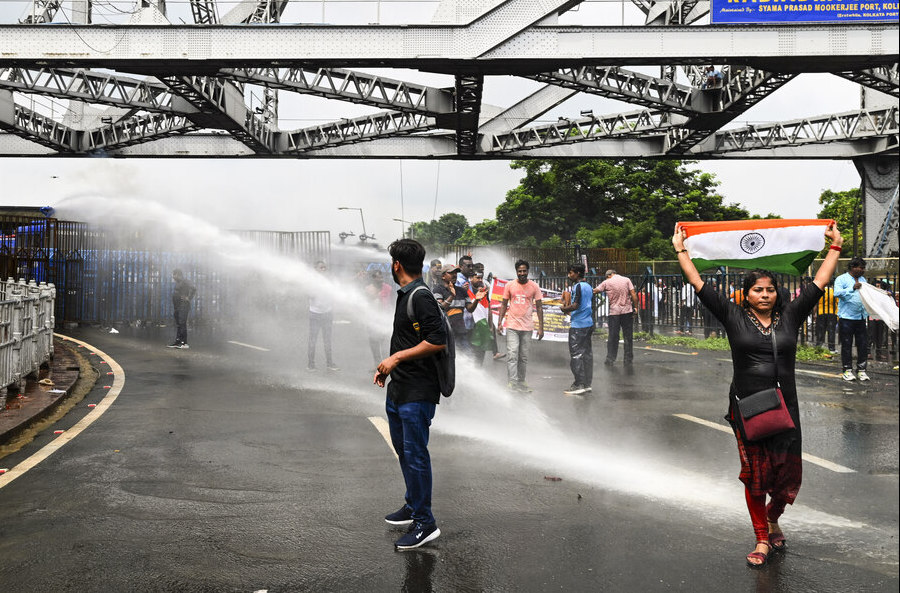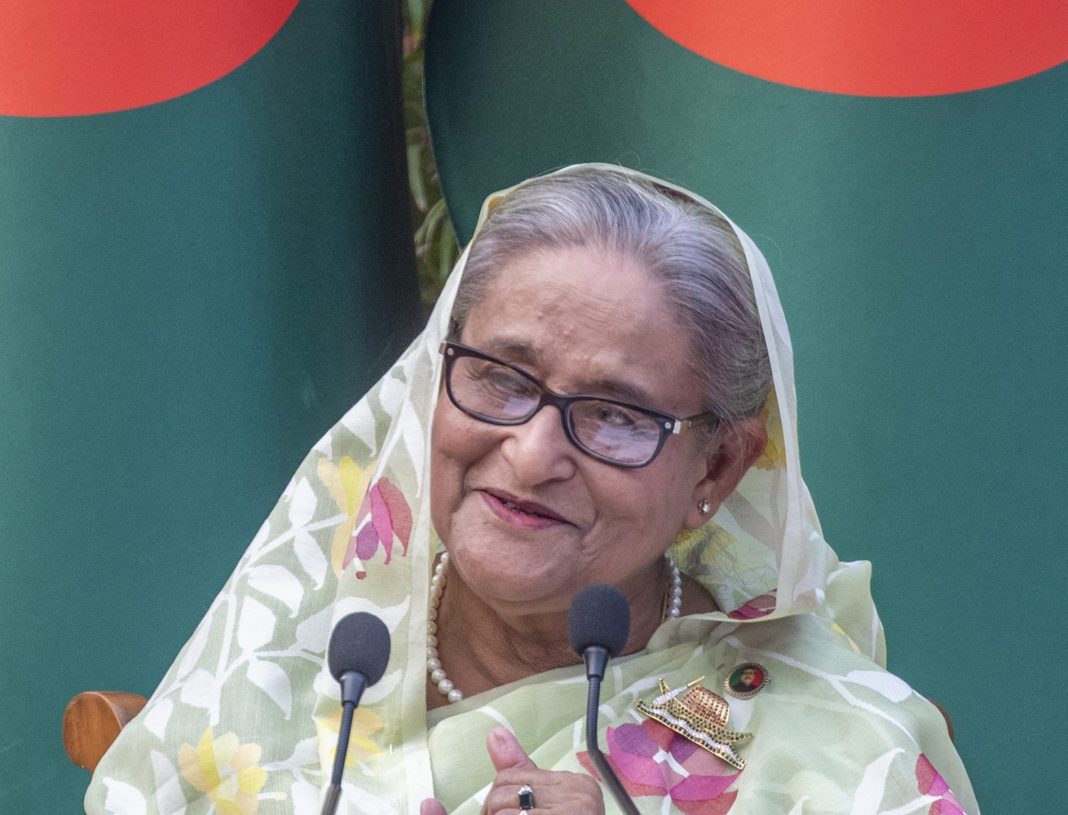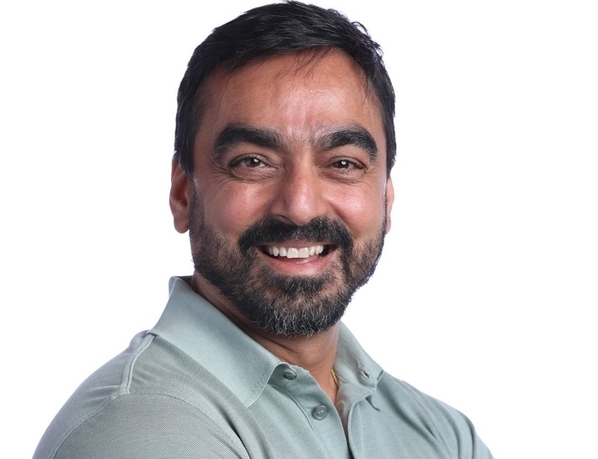Amidst a series of rape cases reported from multiple states, women’s rights groups have issued a joint statement seeking expeditious investigation and action, and demanding an end to sexual crimes and gender-based violence.
The All India Dalit Mahila Adhikar Manch (AIDMAM), All India Democratic Women’s Association (AIDWA), All India Mahila Samskritik Sanghatan (AIMSS), All India Progressive Women’s Association (AIPWA), All India Feminist Alliance (ALIFA), All India Lawyers’ Association for Justice (AILAJ) are among the 35 organisations who have made the appeal.
The outcry comes in the wake of shocking incidents of sexual violence from various parts of the country including Kolkata, Manipur, Gujarat, Uttarakhand, Bihar, and Uttar Pradesh, with the statement saying they are each a grim reminder of the ongoing threat to women’s safety in India.
The immediate catalyst for this voice of protest is the alleged rape and murder of a 31-year-old medical practitioner at the RG Kar Hospital and Medical College in Kolkata. The statement said the case has drawn widespread condemnation, not only for the brutality of the crime but also for the subsequent “cover-up” by the institution and authorities.
It sharply criticised the response of elected representatives and government officials, accusing them of politicising these tragedies rather than ensuring justice.
The groups argue that the focus should be on the effective functioning of criminal investigation, law enforcement, and governance, rather than on just empty rhetoric or draconian measures like the death penalty, which they assert has been proven ineffective in deterring crime.
The statement particularly criticised the Mamata Banerjee-led West Bengal government for its handling of the Kolkata case.
The statement condemns the state’s initial attempts to “dismiss” the crime as a suicide and its transfer of key hospital officials amidst nationwide protests.
The government’s actions, including the controversial transfer of 43 doctors and professors, are seen as efforts to silence those demanding justice, the statement said.
The groups urged the Central Bureau of Investigation (CBI), now investigating the Kolkata case, to conduct a fair and unbiased investigation, free from political influence.
The statement also highlights the challenges of securing justice in an environment where the government has been accused of releasing and even honouring individuals convicted of heinous crimes, such as those involved in the Bilkis Bano case, the Kathua case, and the violence in Manipur.
The statement draws attention to the “failure” of both state and central governments to ensure the effective implementation of laws designed to protect women.
Despite the existence of mechanisms to monitor these laws, the groups argue that they are often ignored, creating a climate of impunity that allows gender-based violence to continue unabated.
The activists emphasise that the issue goes beyond individual cases, pointing to the structural violence rooted in patriarchy, caste, class, and other oppressive systems that disproportionately affect women, particularly those from marginalised communities.
They cite data from the National Crime Records Bureau (NCRB), which reports an average of 86 rapes per day in India, with a national conviction rate as low as 27 per cent.
The statement also criticises the recent budget allocations, questioning the lack of funding for monitoring the implementation of key protective laws.
The Ministry of Women and Child Development’s refusal to disclose whether mandated mechanisms are in place and functioning is seen as further evidence of governmental neglect, the statement said.
In their call to action, the groups demand not only justice for the victims but also a systemic change.
They also called for a fair trial process, and urged the Supreme Court to ensure accountability for the failures of institutions, elected representatives, and law-enforcement agencies.
The statement concludes with an appeal to break the silence around sexual violence, challenge patriarchal structures, and stand up for justice and accountability. The time for change, they insisted, is now. (PTI)




